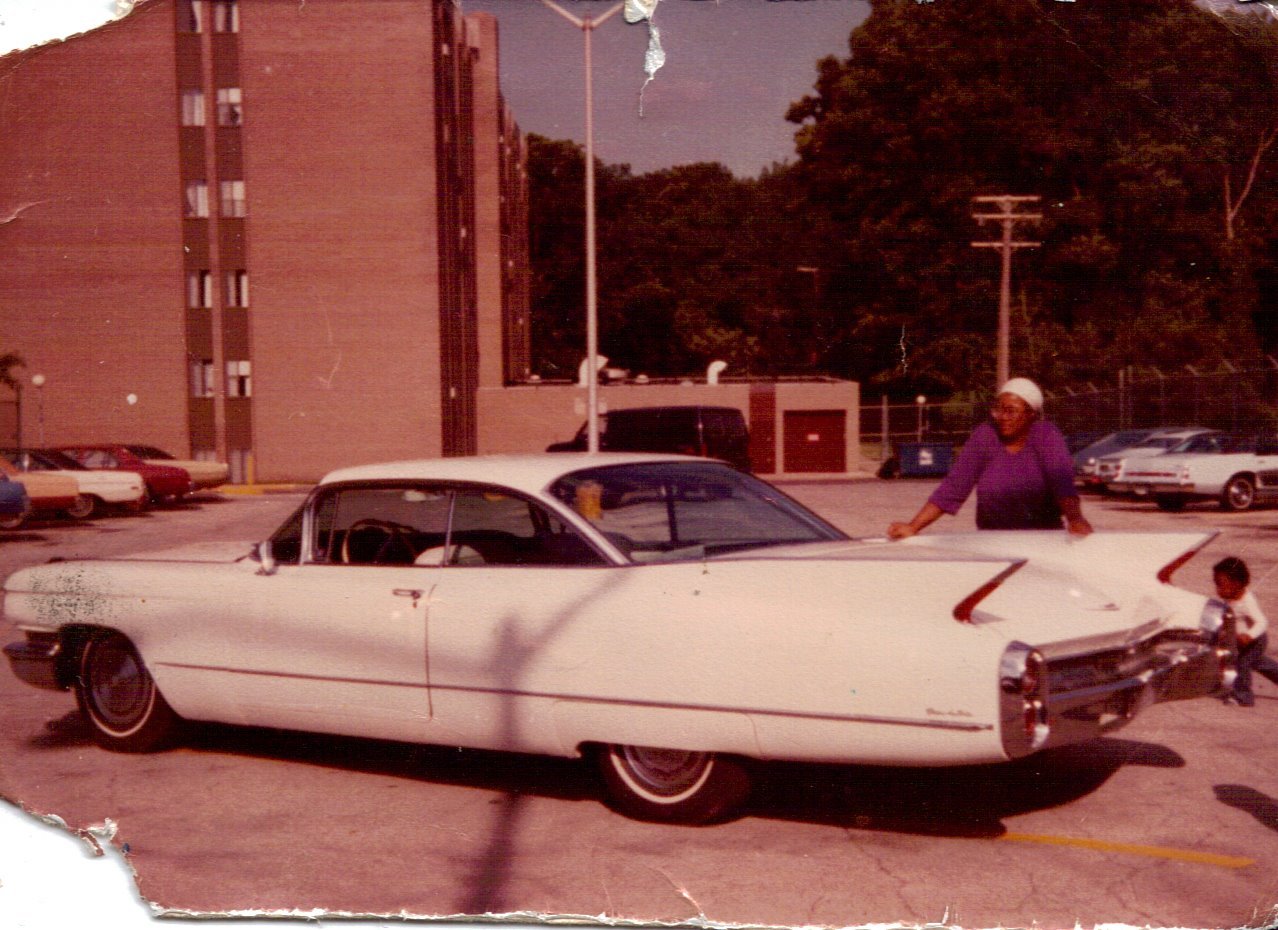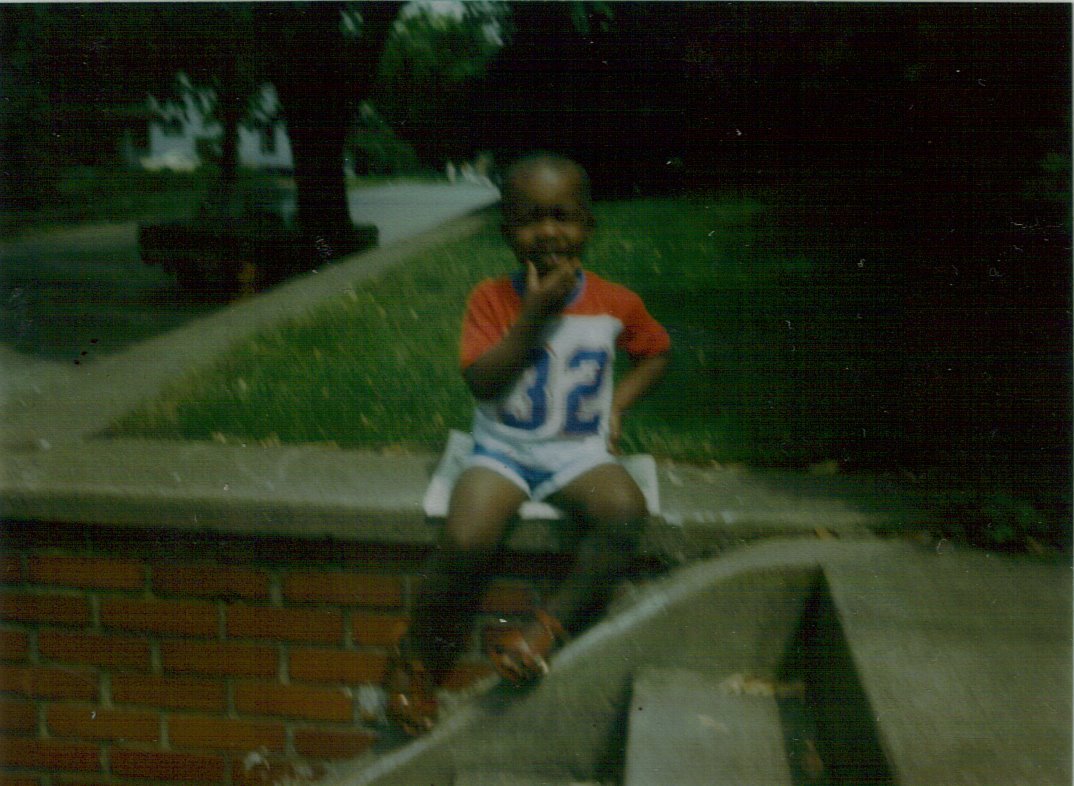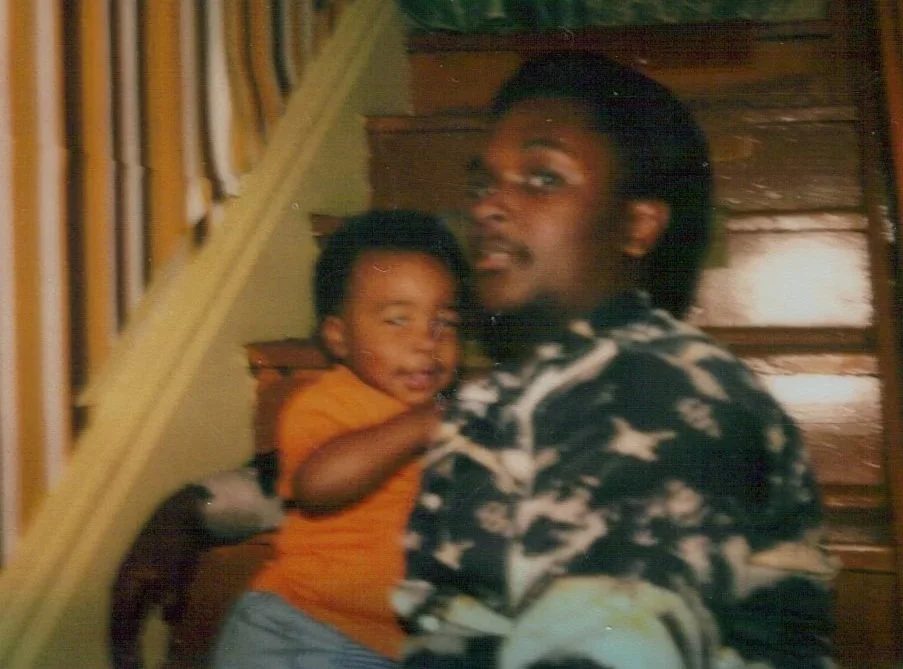
a slow archive of black study
a djones project
This site is under construction. You’ve been invited to witness its development before it goes public. Much more to come!
In the meantime, feel free to learn more about liquid blackness via the links above.
South High School - Youngstown, OH
“blackness is not only what we study
but how we study.”
“a slow archive of black study” moves between theory and practice to apply a liquid blackness praxis: blackness is not only what we study but how we study. To study blackness as practice and practice blackness as study, this theoretical and creative digging in the crates is an archive in motion; a gathering of, with, and for one another—remixing, rewriting, rewinding, reiterating, reforming, and reshaping in its liquidity. Resisting. At stake is the disruption of the institutional infrastructure of intellectual, creative, and social life: Studying. A slow archive of black study practices towards a sociality that cares for blackness as it is being, seeing, and being seen.
the mixtape
One of my father’s final mixtapes.
“A Slow Archive of Black Study: The Mixtape” approaches blackness as practice through critical and creative engagement, imagining my research as a mixtape, organized as a series of tracks. Inspired by my late father’s mixtape-making practice, I follow a mixtape methodology of theory, practice, curation, and black life, creating something new. Inherently archival and fugitive, the slow archive that emerges through a mixtape methodology is also a practice of black study.
a slow archive
Annabelle, my grandmother’s 1960 Cadillac - my mom and I in the background. 1980.
I inhabit Elissa Blount Moorhead’s articulation of a slow archive as something that grows with you. When Blount Moorhead named the archive as slow, she was referring to her home, her family, and the archive and archival practices of their black living. A slow archive provides an account of material and social black life as well as systems of knowledge production that refuse the expectations of what would be called institutionally legitimate organization. Slowness, a mode of enacting blackness as practice, complicates institutional logics. a slow archive practices towards abolition and exodus.
black study
Me in front of 631, our home in Youngstown, OH. 1983.
Black Studies, the academic discipline, the institutional acquisition, performs under institutional constraints at the expense of knowledge production while centering the voices of heterosexual men. This creates a paradox of academic anti-intellectualism. Alternatively, black study is thinking away from institutional requirements. I often ask myself, “how do I say/do this without getting in trouble?” Then I tell myself, “I’m already in trouble.” The more I remind myself of this, the less time I spend being antagonized about the possibility of antiblackness that is already present. I am more heavily invested in refusing whiteness than I am in critiquing it. As I see it, black study rejects the practice of antiblackness.
care
Mom and Ma bidding farewell, 2005.
Care is my tick. I cannot help this; it simply is how I am wired. But I do not care to exhaust the notion of care through deep textual analysis or extensive literature review. I am more curious about how care grounds my practice, whether I am aware, yet-to-be aware, or never-to-be aware of the origins of such thought. Understanding care as not the absence of brutality, but a fragile labor, practiced within, alongside, and sometimes in spite of brutal conditions, I am inspired to place language around my experiences, my creative output, and my being in and with the world around me so that I may express myself more precisely, more specifically.
The impact of “urban nu-sense” on its place and moment in time (particularly in Bowling Green, OH from 2010 to 2012) can’t be fully accounted for. We did not ask for receipts to reimburse for per diems. There was no per diem. It was all you can eat.
The resources of the institution (The Arts Village Residential Learning Community at Bowling Green State University) provided an opportunity to study with and against the institution. It wasn’t solely the university’s doing, but at the same time, the university couldn’t have done it alone. Students, hungry for study, gave life to cross-cultural community engagement, inviting “urban nu-sense” into study and trusting “urban nu-sense” to take them away to study some more.
Here will rest an archive of “urban nu-sense,” to highlight where it has been and chart its development towards its present-future.
One of my father’s lists of essential music to gather.
In other words, THE FUNK!
djones
is a visual artist and fugitive scholar from Youngstown, OH. His work circulates through film, literature, and music, engaging blackness as a generative aesthetic and archival practice. Informed by the textures of quotidian black life and the formal rigors of an MFA and PhD, his practice moves into the fluid spaces of filmmaking, writing, and curation. This work is animated by the fugitivity of form and the rhythms of cultural memory—concerns that djones leverages toward worldbuilding and black study as a futurist orientation. He currently serves as the Creative Fellow for the liquid blackness project.
All images courtesy of the artist and can’t be used without permission.












